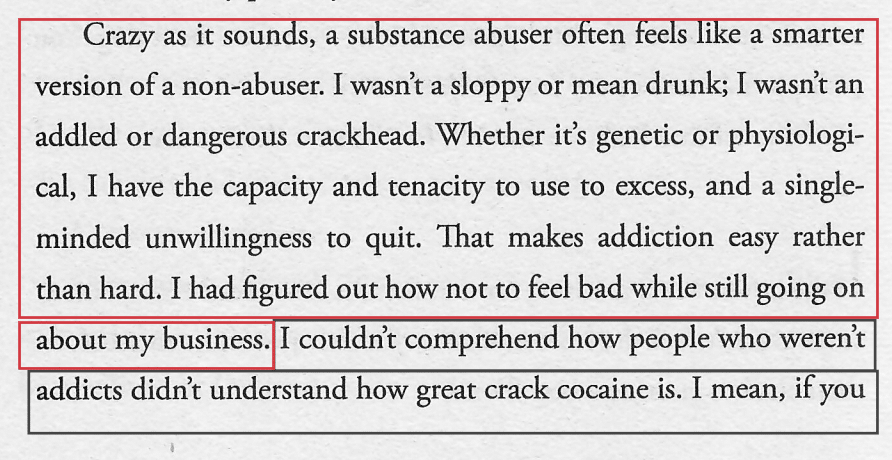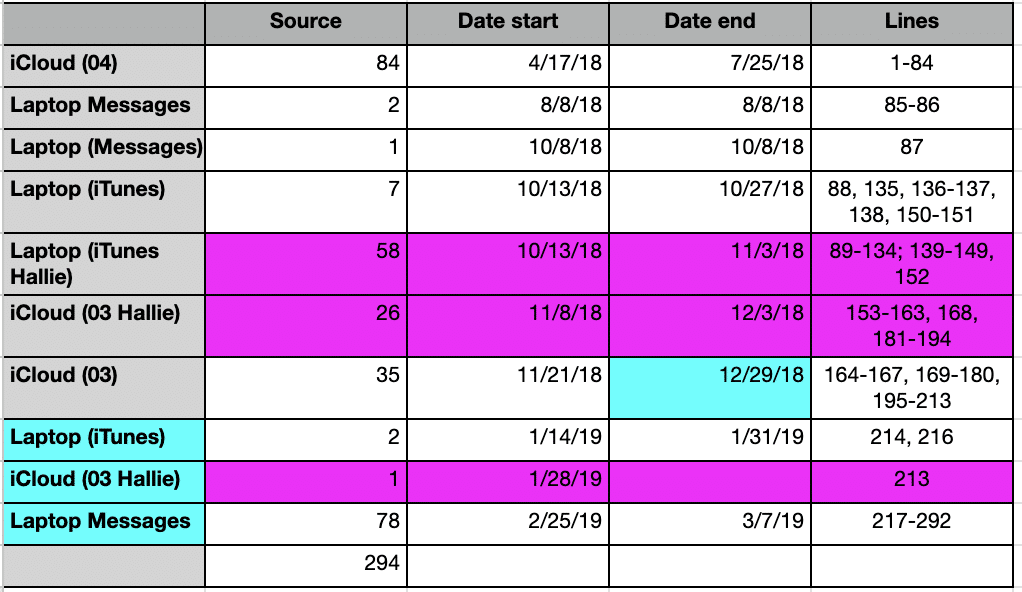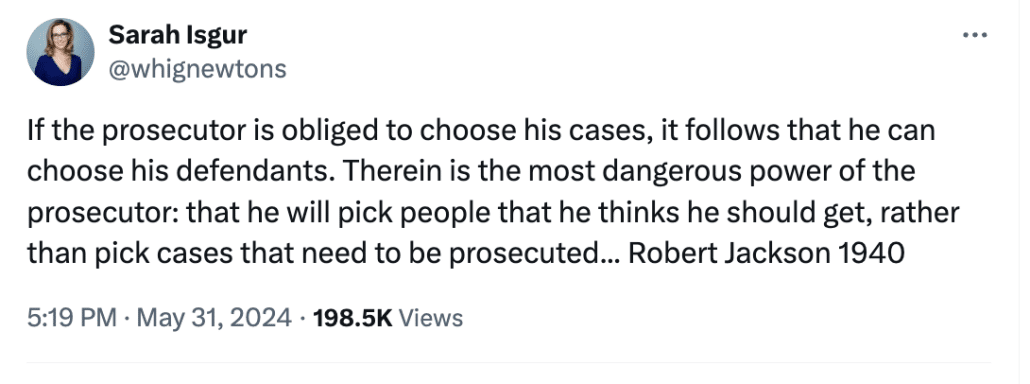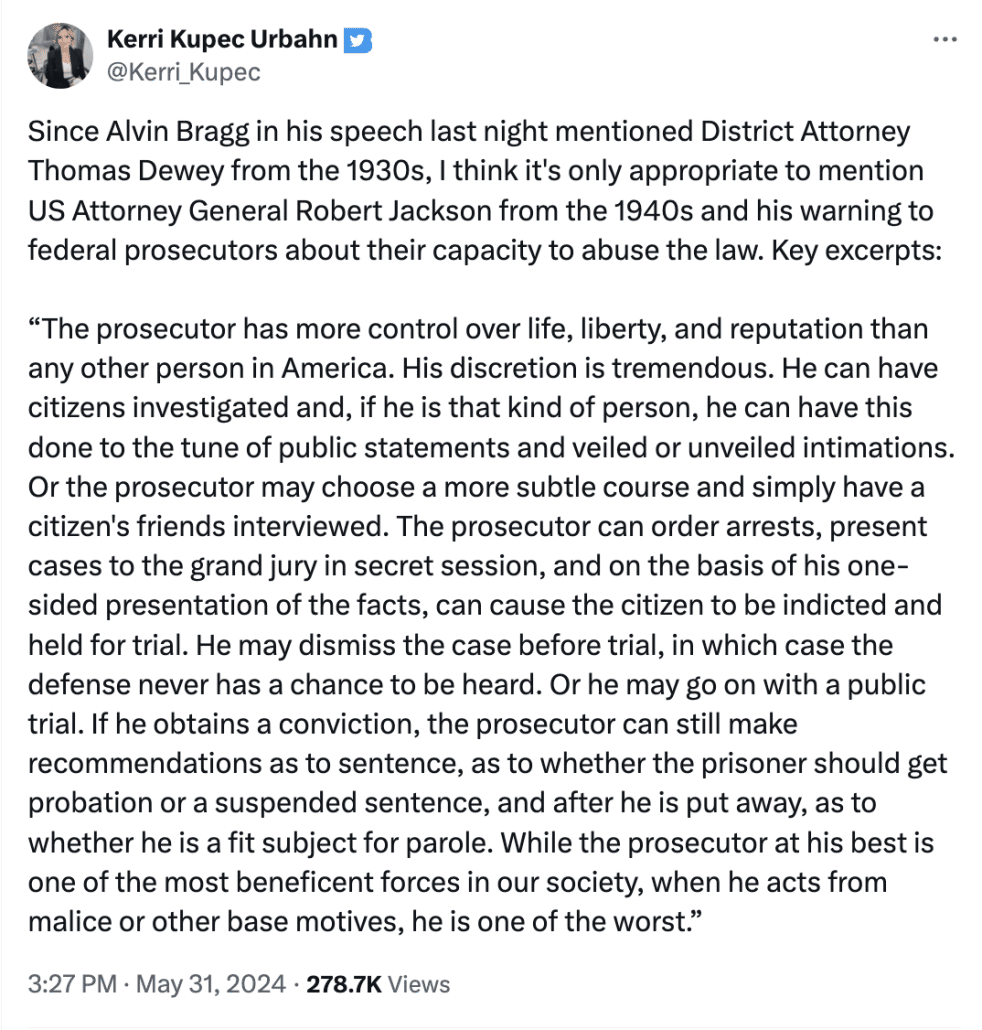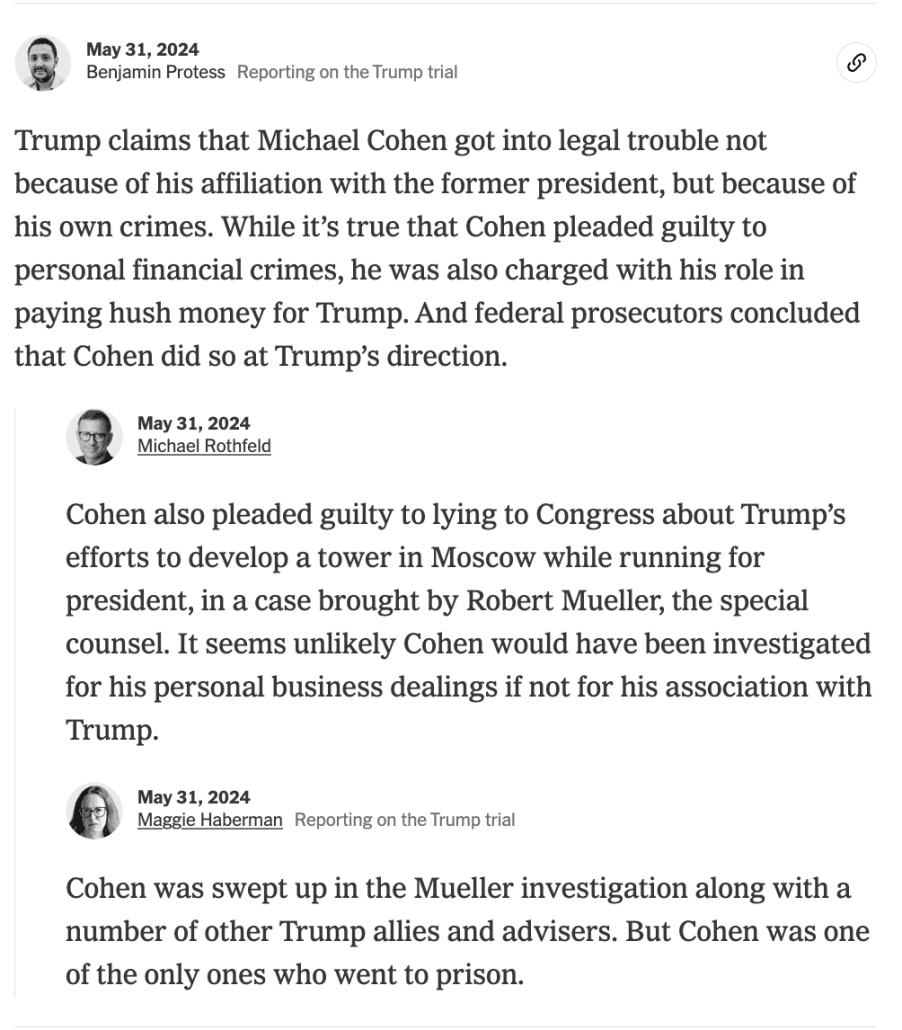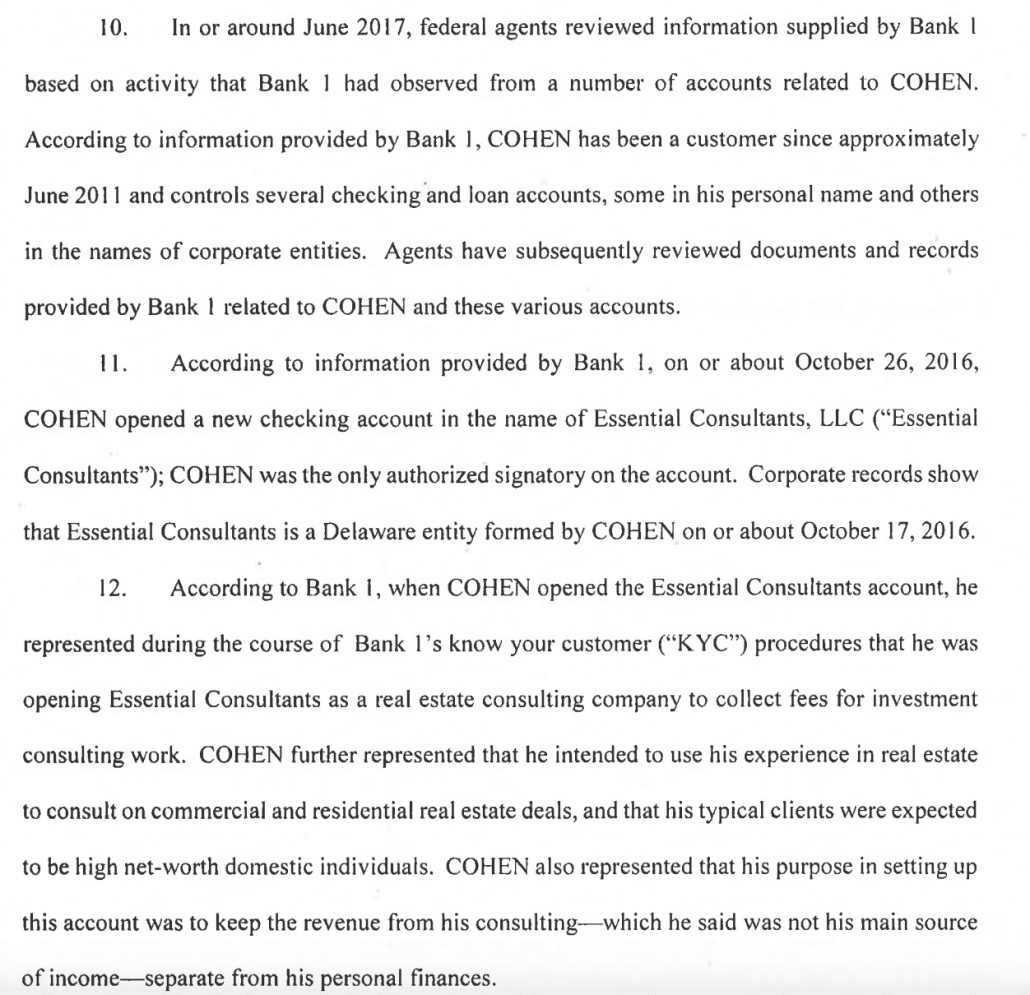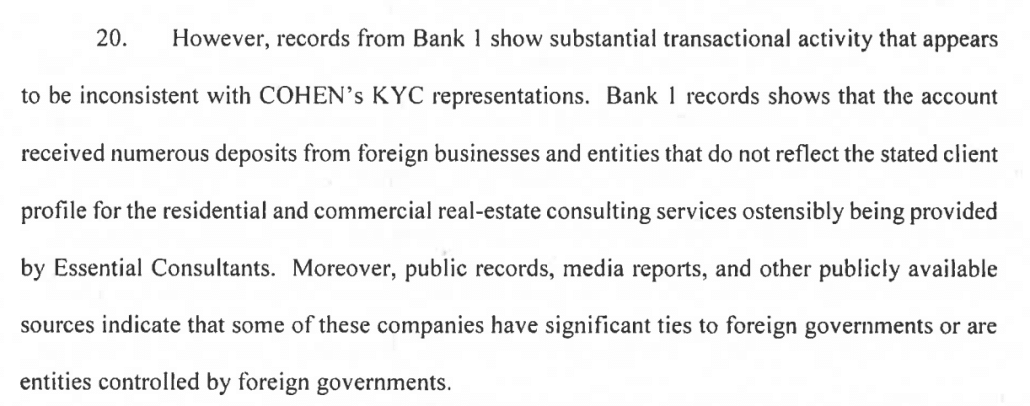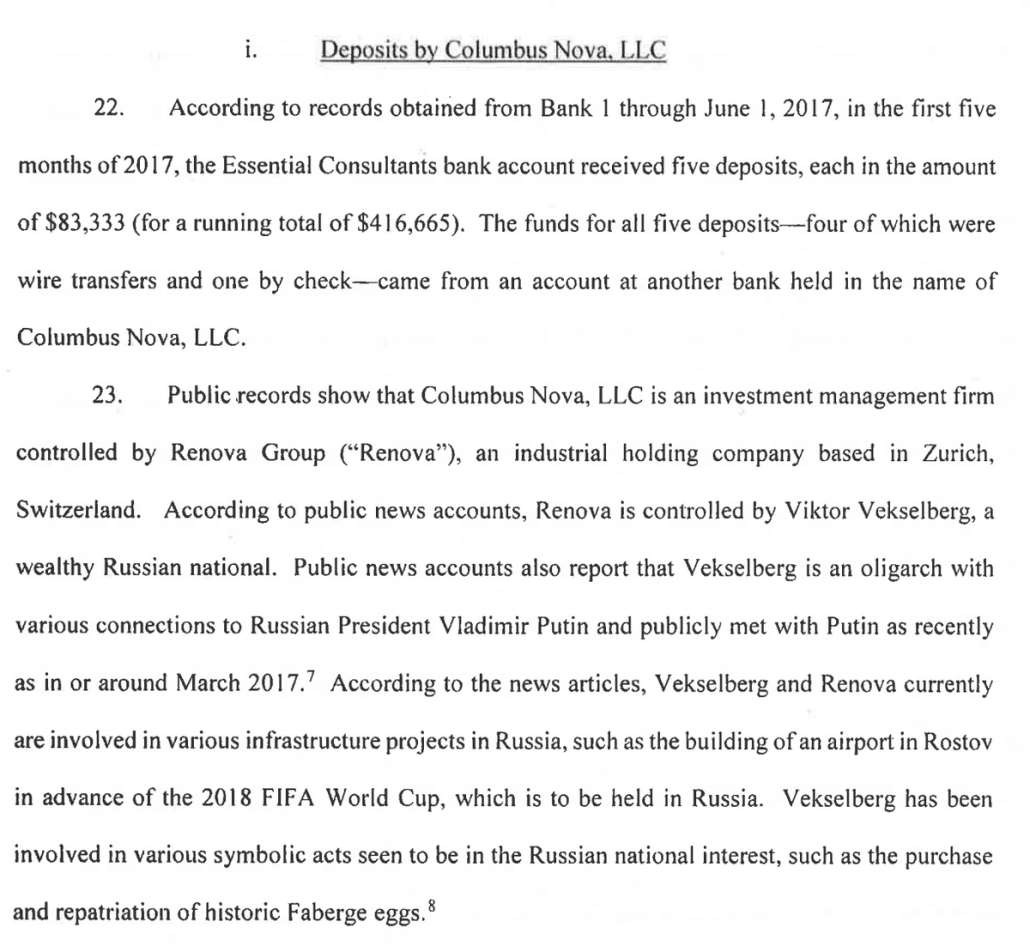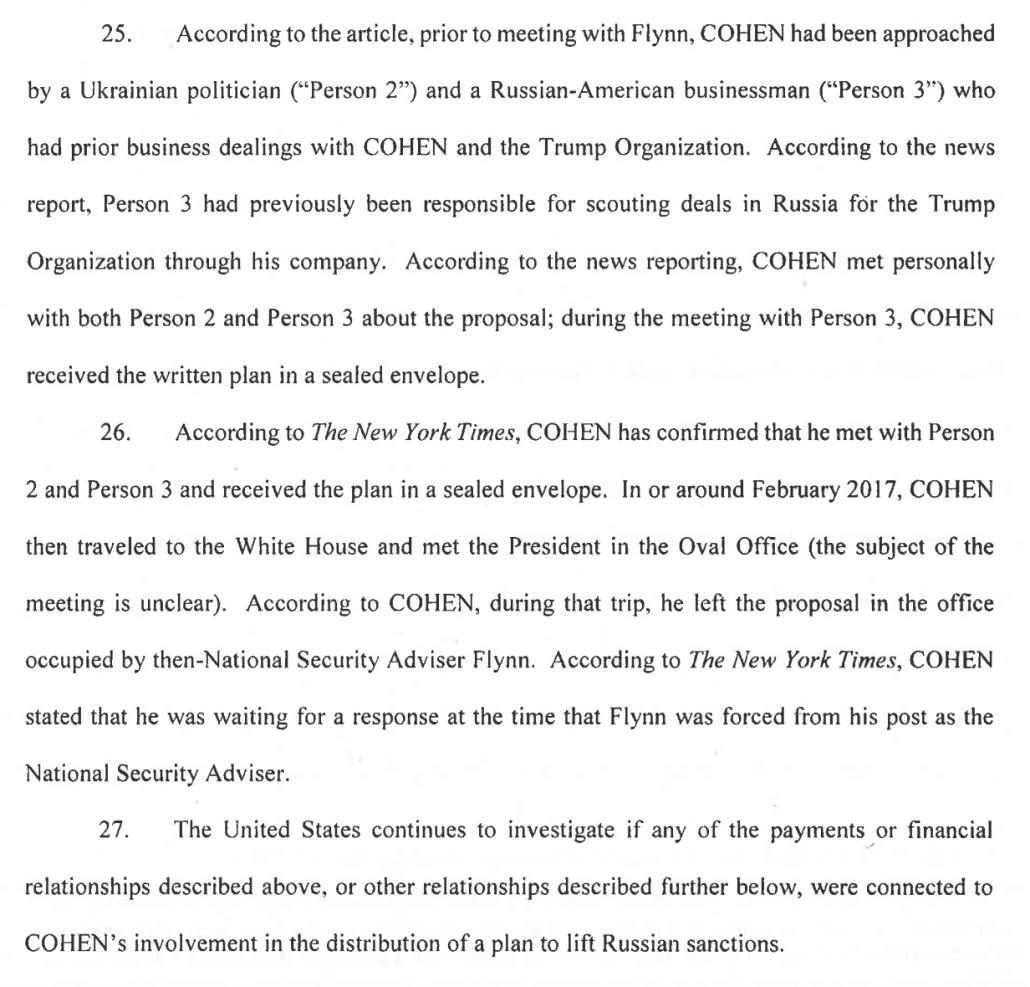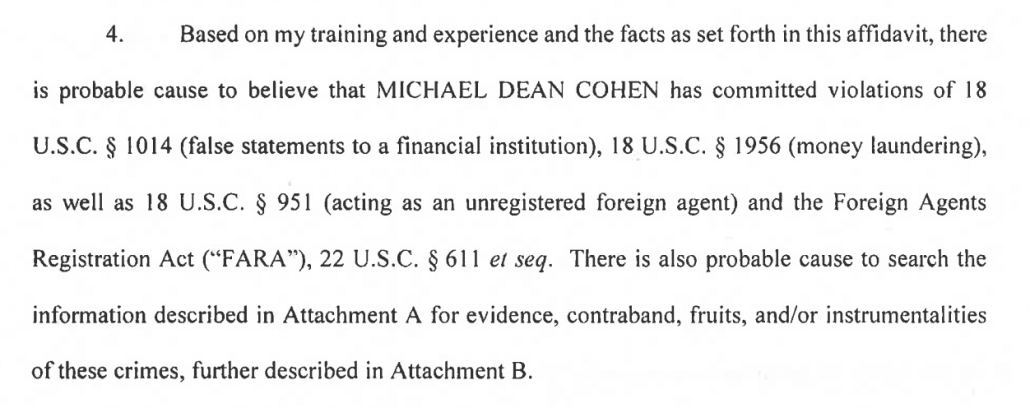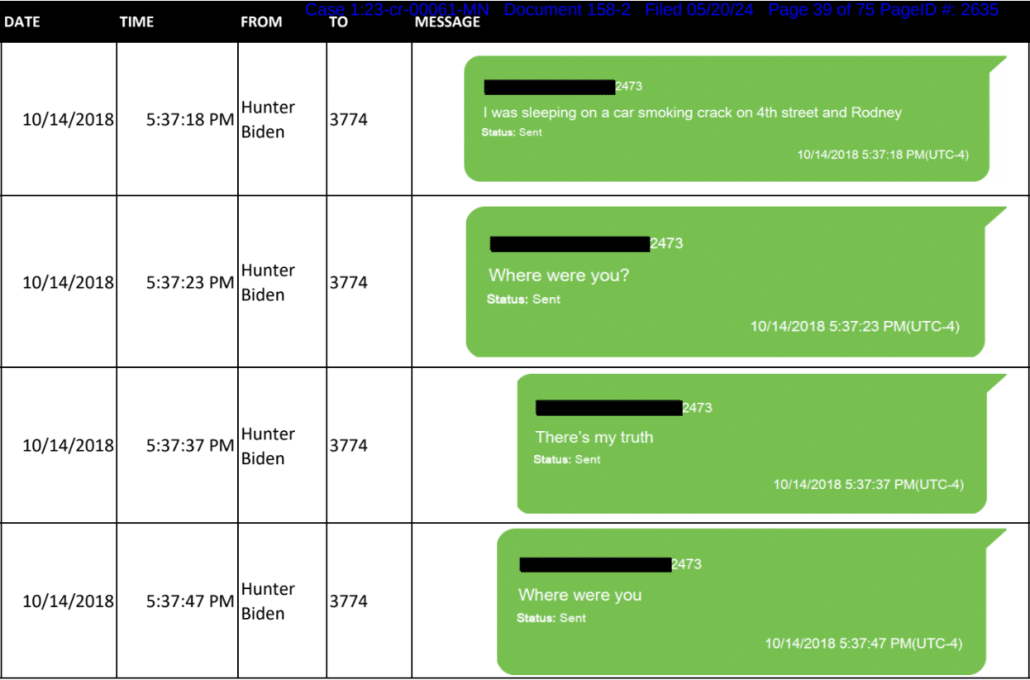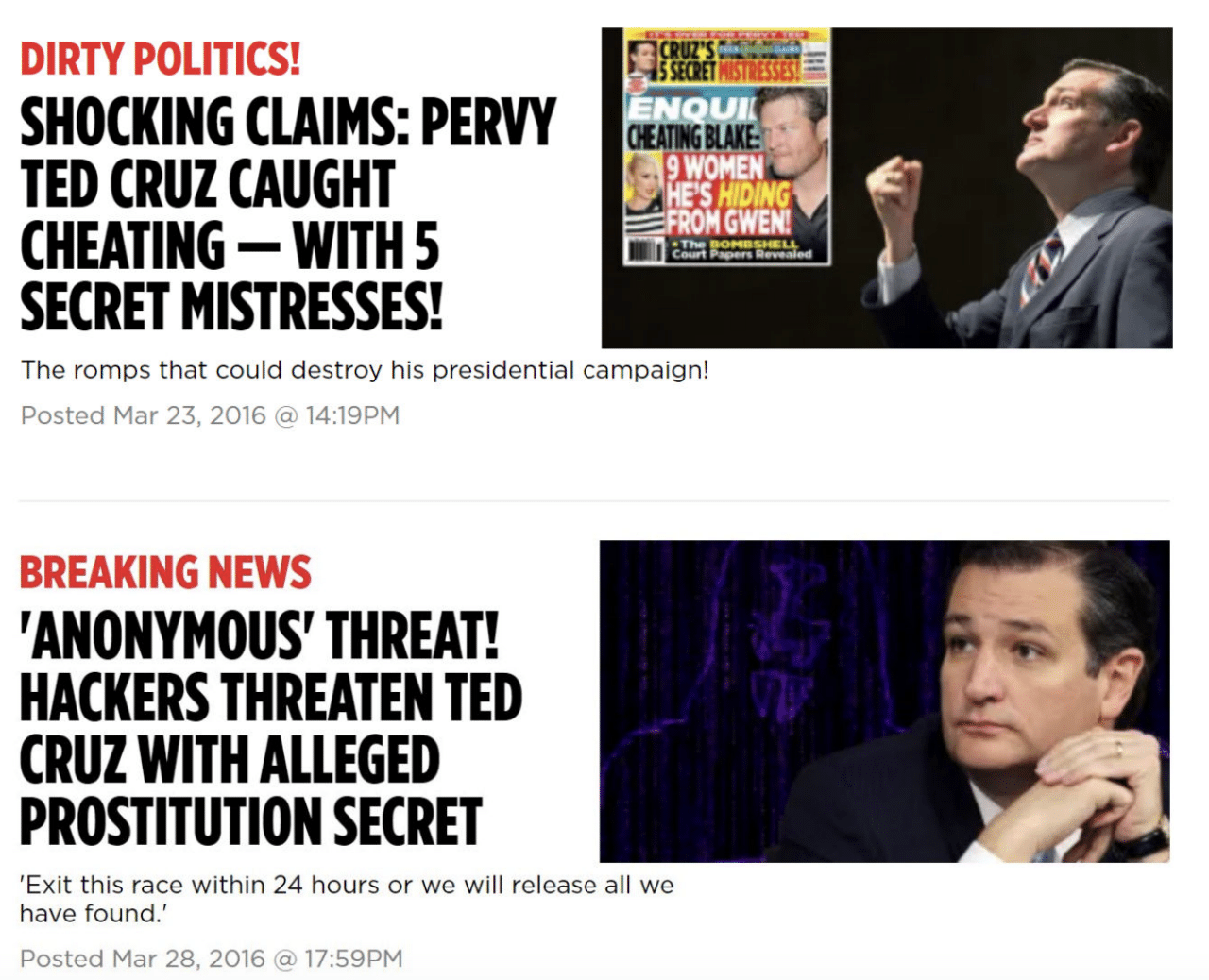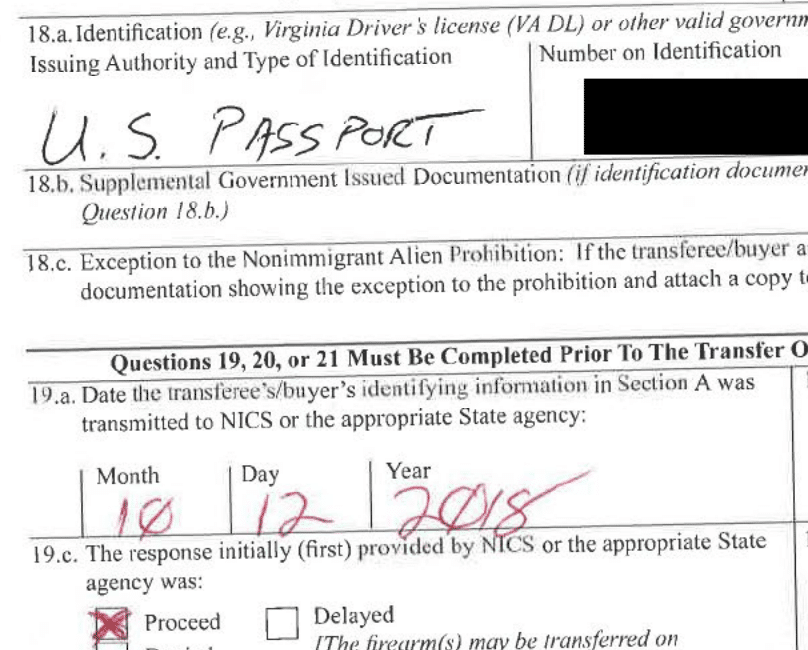Judge Maryellen Noreika has ruled that Hunter Biden cannot present evidence that, to cover up that StarQuest gun shop sold Hunter Biden a gun without requiring him to show an ID with his address on it, the shop owner and one of its employees falsely claimed they had seen such ID three years after the fact on the physical ATF form.
They doctored the form.
More importantly, the gun shop owner testified that he did so because Hunter Biden listed a celebrity address (his father’s), and also because he wanted to get Joe Biden’s kid out of his store as quick as possible.
By his own testimony, the gun shop owner only belatedly complied with the required record-keeping because of who Hunter Biden is.
Now I get that Hunter Biden cannot claim that he cannot be prosecuted because the gun shop owner also committed a potential crime. Judge Noreika is perfectly correct to prevent that kind of argument.
But Hunter Biden has to be able to use the shop’s admitted willingness to skip documentary steps with a celebrity client and doctor the forms after the fact, because it leaves open the possibility they did that with more than the identification.
In ruling against Biden, though, she said that the gun shop’s willingness to doctor the form after the fact on one issue would not have any tendency to make it more likely they did elsewhere on the form.
Indeed, she seems to misunderstand that the gun shop owner appears to have confessed to doctoring the form.
2. The Court finds that the 2021 Form is irrelevant and inadmissible under Federal Rule of Evidence 401 and excludes it at trial.2 Moreover, even if the 2021 Form were admissible, the Court finds that it is excluded under Federal Rule of Evidence 403 because any probative value it arguably has is substantially outweighed by a danger of unfair prejudice, confusion of issues, and misleading the jury.
2 The government has stated that it intends to call Gordon Cleveland, a gun shop employee, who will testify that he watched Defendant fill out Section A of the Certified Form and that Defendant checked “no” to question 11e about being an unlawful user or addict. Both the Certified Form and the 2021 Form have the same check mark (“X”) responding “no” to question 11e. The addition of “DE VEHICLE REGISTRATION” to a different section of the 2021 Form after the Defendant filled it out does not have “any tendency to make” those two facts, which are “fact[s] of consequence in determining” the charges – that he filled it out and that he said he wasn’t an unlawful user of or addicted to a controlled substance – more or less probable. F.R.E. 401. The Court also agrees with the government that Defendant’s conspiratorial theory about “doctored” forms and currying favor with the government is unsupported rhetoric, which would be prejudicial and confusing to the jury.
One reason her logic he is especially problematic is because it’s clear the form wasn’t prepared at once. The multiple colors make it clear that the date on Gordon Cleveland’s signature — the employee on the hook for selling a gun without seeing an ID with an address on it — was added after the fact, and probably by someone else (Cleveland reportedly testified that his colleague wrote everything in red ink).

Noreika likely credited something misleading Derek Hines said in a reply posted shortly before her order which cites to it (he has, repeatedly, projected his own inaccurate claims onto Abbe Lowell, and this may be an instance where, at the very least, Hines misunderstood a reference Lowell made).
Hines took what appears to be a reference to Cleveland saying he never saw a Delaware registration, and instead insinuated that by that reference to “a second form of identification,” Lowell instead referred to what the FBI showed Cleveland, rather than what Hunter did.
Cleveland has been entirely consistent on the issue of identification in the two interviews where it came up. Defendants claims he has offered an “evolving story,” but that characterization is not accurate based on defendant’s own quotes from Cleveland’s Jencks material. Supp. Resp. at 5. The only form of ID Cleveland saw was the passport. He never saw a Delaware vehicle registration and never claimed to. Instead, in both interviews he stated that Turner, who handled the background check, may have, but Cleveland didn’t have first-hand knowledge of whether he did or didn’t. In his first interview on September 27, 2021, Cleveland told investigators:
“He said he would provide the copy of the U.S. Passport and the firearm information on a sheet of paper to the person sending the background check in. Mr. Cleveland said he did not see the document [a second form of identification] with the ATF Form 4473 he was shown [by the Agent on September 27, 2021].” (TAB 3, 10/12/21 ATF EF 3120 at 2, ¶6) (emphasis added). Supp. Resp. at 5 (emphasis added).
The government at this point is obligated to point out that the defendant is again making malpresentations to the Court. In the above quote from his filing, the defendant inserted brackets into a real quote from the September 27, 2021, interview report for Cleveland. The defendant writes in those brackets that “Mr. Cleveland said he did not see the document [a second form of identification] with the ATF Form 4473 he was shown [by the Agent on September 27, 2021]. Supp. Resp. at 5. What defendant inserted into those quotes in brackets isn’t accurate. The ATF never showed Cleveland “a second form of identification.” If you look at the report, which defendant has and attached to his filing, it says that the only documents that were shown to Cleveland, at any point during the interview, were the following:

The ATF did not show Cleveland “a second form of identification,” as the above list of documents make clear. Defense counsel made that up. What defense counsel chose not to quote from that report was the next sentence: “He said Jason Turner may have gotten the vehicle registration due to the U.S. Passport issue.” As defendant noted, Cleveland was not asked any questions about the form of identification that was used in the grand jury so there is nothing inconsistent between his first interview and his grand jury testimony.
Finally, when asked in his second interview on May 17, 2024, about identification he repeated that he only saw the passport and did not see a Delaware vehicle registration:
When Biden presented his passport as identification, Cleveland went into the back and asked Ronald Palimere and Jason Turner if it could be used. Cleveland recalls going back out to Biden and saying something to the effect that if Biden was going to use a passport, they would need another form of identification. [] Cleveland thinks Biden went outside and got something, but he can not say with certainty. Cleveland would not have paid attention to the paperwork side of the sale because he had already done his part by working with the customer and making the sale. Cleveland does not think they would have competed the sale without the second identification, though. (TAB 3B, 5/17/24 Cleveland FD-302 at 1). Supp. Resp. at 5. [Hines’ bracket, which I’ve bolded, only marks paragraph break; my italics]
In every interview Cleveland stated that Turner handled the part of the form that covered forms of identification, Section B, and he, Cleveland, watched the defendant fill out Section A, where the defendant records information about himself and answers the required questions, including the one that is the basis of the charges, namely, whether he was an unlawful user of or addicted to a controlled substance. Here is what Cleveland said in his first interview:
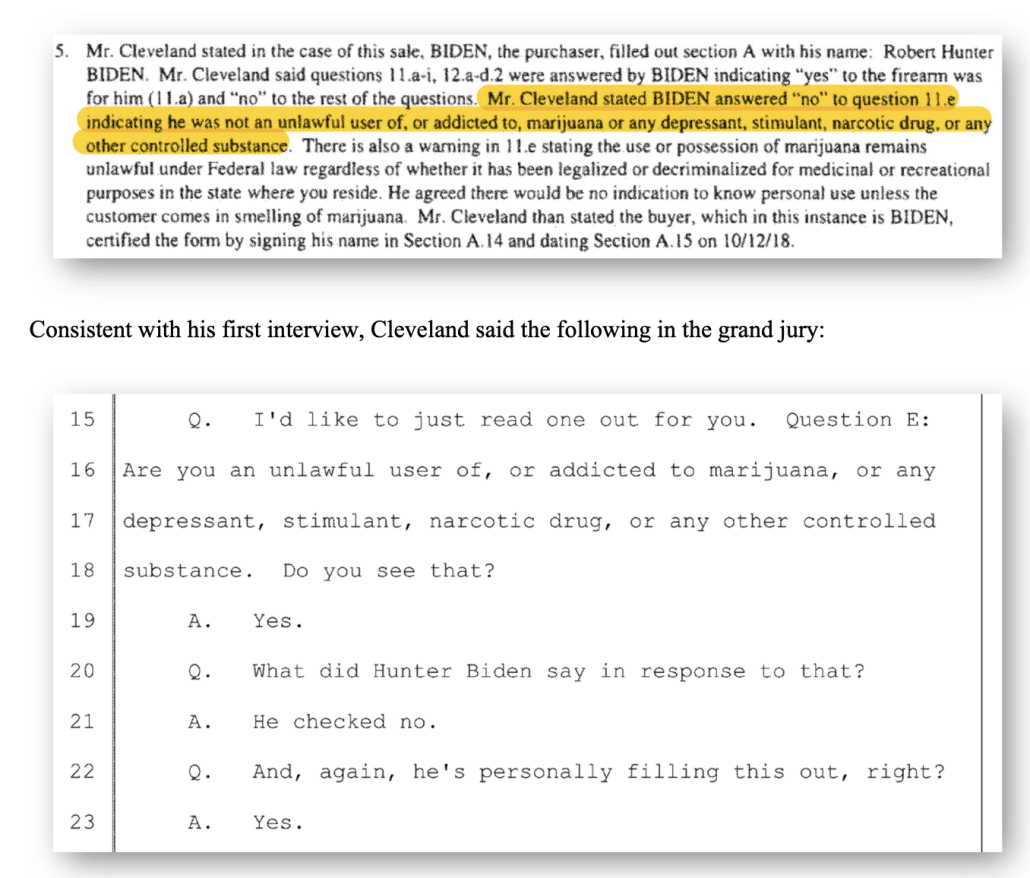
Defendant claims “Palimere was in discussions with Cleveland and Turner on that date about what was and was not on the form and, thereafter, the sale would be made regardless of legal compliance concerns.” Supp. Resp. at 7. That is not true. Defense counsel made that up, too. And the best evidence it is not true is that defendant cites nothing from any grand jury transcript or interview report in support of that assertion in his supplemental response. To be clear, no one has testified or stated in an interview—not Cleveland, not Turner and not Palimere—that they discussed “what was and was not on the form.” All that was discussed was whether a U.S. Passport could be accepted as a form of identification and whether a Delaware vehicle registration was needed as a second form of identification. And no one has testified or stated in an interview—not Cleveland, not Turner and not Palimere—that they discussed “the sale would be made regardless of legal compliance concerns,” because no such discussions occurred. [my italics]
The quote Hines accuses Lowell of excluding — that Jason Turner may have gotten a second form of ID — is utterly consistent with the reading that Lowell was referring to what Hunter showed Cleveland, not what the FBI did.
Even based off what is public, Hines appears to be misreading the rest, too.
Palimere, the gun shop owner, was in discussions with both Cleveland and Turner about what would be used on the form (the passport only). And while inapt, I believe Palimere’s testimony is only consistent with a claim that the sale would be made regardless.
That’s because it was made regardless, after a discussion about whether to get anything more.
In the case of Biden’s sale, Gordon Cleveland, was the salesman. Palimere was sitting at his desk in the back and Cleveland said something to the effect of, “Hey, Hunter Biden’s here. He wants to use his passport.” Palimere was familiar with Biden’s father’s not being a gun supporter so Palimere thought it would be bad for Palimere’s business to have Hunter Biden seen in his store. Palimere wanted to get the sale completed and get Biden out of the store, so Palimere said yes to using the passport as identification. Palimere never interacted with Biden.
[snip]
Normally, they would call a customer if they found an error/omission and needed to annotate the Form 4473. The ability to annotate the Fom 4473 is allowed by the ATF. For this case, a typical customer would have been called and told they needed to come back in and bring registration to show the residency.
Palimere was not about to call Biden. Palimere felt they could not have him come into the store. Plus, Palimere did not want to contact Biden and tell him he needed to come in and he was being investigated.
We can’t be sure (Lowell submitted his filing under seal because it included grand jury and non-public exhibits), but Hines’ representations seem to take imprecise comments from Lowell and read them in a way that makes no sense.
Noreika’s ruling becomes a problem (and likely will require at least clarification) for two reasons that seep into Hunter Biden’s Sixth Amendment right to impeach the government’s witnesses.
First, in the order, Noreika prohibited all discussion of political bias, which Hines suggested Lowell wanted to present exclusively through Palimere’s efforts to make this public before the 2020 election.
3. Questioning, testimony, evidence or argument, including but not limited to, the additional exhibits designated by the Defendant as tabs “6-6C” to his supplemental submission regarding any witnesses’ political bias are excluded from introduction or admission at trial because such questioning, testimony, evidence or argument is not relevant, is unduly prejudicial and invites nullification.3
3 The Court agrees with the government that the political views expressed in 2020 by the gun shop owner, Palimere (who did not witness Defendant fill out Section A of the Certified Form or check the box for question 11e in 2018), are sideshows aimed at tainting or confusing the jury. [my italics]
But Palimere described that he made an affirmative decision to treat the sale to Hunter Biden differently because of who his father is. Palimere freely confessed that he sold a gun without requiring the proper paperwork because Joe Biden is not a gun supporter.
Palimere was familiar with Biden’s father’s not being a gun supporter so Palimere thought it would be bad for Palimere’s business to have Hunter Biden seen in his store. Palimere wanted to get the sale completed and get Biden out of the store, so Palimere said yes to using the passport as identification.
This is politics. It affected the sale. Noreika doesn’t want that to come in because explaining that the gun store didn’t follow the rules with the sale to Hunter Biden and that they did so because of Joe Biden’s politics would be unduly prejudicial.
That strips Hunter of the ability to present key details about the sale.
And Noreika’s ruling may prevent Hunter from impeaching Cleveland.
A prosecutor can’t simply claim, nope, these statements Cleveland made about the form are not inconsistent. That usurps the role of the jury.
And they are inconsistent. In the first interview, Cleveland said that if a second ID was really requested, Turner handled it (it’s unclear whether Turner ever came to the front room, but since he’s the guy who doctored the form, it would be significant if he did). In the second interview, Cleveland claimed to remember asking for it. If his memory is inconsistent on that point, there’s no reason to credit his memory about how the form was filled out.
That, coupled with Cleveland’s claim he didn’t much care about the paperwork, should be fair game for questions about whether Hunter Biden’s part of the form really was filled out properly. As it is, Cleveland has signed the form even though he didn’t do key parts of it. But Noreika’s exclusion of the form will make it nearly impossible to argue that Cleveland’s testimony about the form is inconsistent.
Judge Maryellen Noreika may think it’s a conspiracy theory that the gun shop doctored the form because they wanted to get Joe Biden’s kid out of the shop quickly. Except it is also precisely what the gun shop owner’s testimony says.
Update: One piece of timing of note. ATF picked up the physical form on September 24, 2021. Cleveland was first interviewed on September 27, 2021. It appears they had to have used the physical form, not the scanned one, not least because the reference to the DE registration only appears on page 2 in the form, not the scan (which has a cover sheet). He was not interviewed again until a grand jury appearance. We know investigators did no basic investigative steps (getting a warrant, sending the pouch to be tested) until after the actual indictment.
Which makes me wonder whether they decided not to pursue charges because of this form and now are just (successfully, so far) bulldozing past this real evidentiary problem.
Update: According to the 302 from Cleveland’s May 2024 interview, he stated that he would not have paid attention to the paperwork side of the sale.
Cleveland thinks Biden went outside and got something, but he can not say with certainty. Cleveland would not have paid attention to the paperwork side of the sale because he had already done his part by working with the customer and making the sale. Cleveland does not think they would have competed the sale without the second identification, though.
This is a stunning comment from someone whose name is on the form transferring the gun. I could certainly see questioning about why he signed off on a form without personally taking responsibility for the paperwork, not least because he recognized the passport was not sufficient. His boss has basically put him in a position where he’s on the hook for a crime.
Now, he may contest this representation — 302s are only used to refresh memory, they never go back to the jury.
But if he does, it would be his word against the FBI agent who’ll submit much of the rest of the case, because they broke FBI protocol by not having a second FBI agent there. So Cleveland may be in the position of having to admit he violated gun purchase laws, knowingly, or trying to undercut another key witness.

